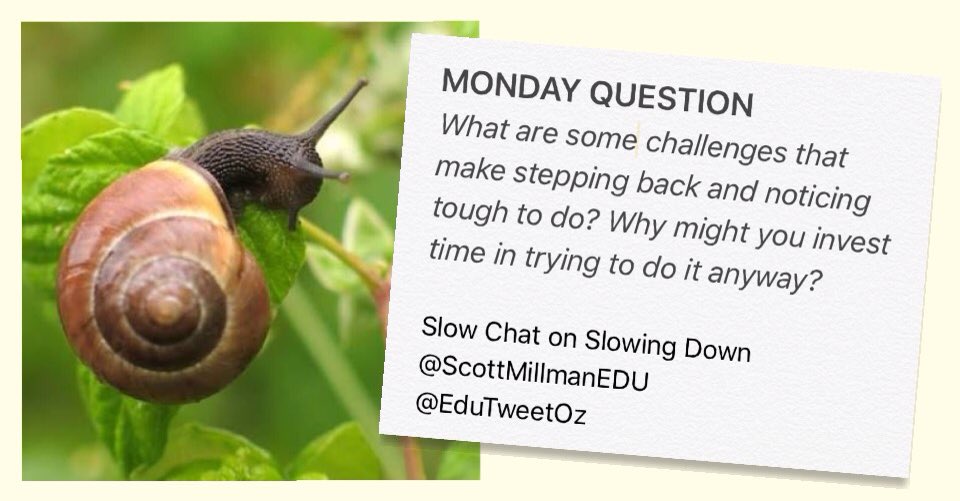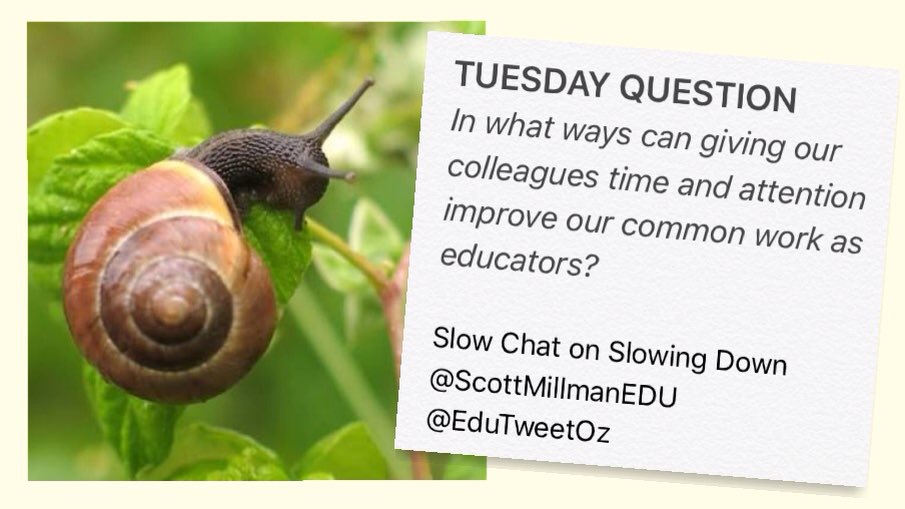While I was doing my PhD, I used to dread being asked about my hobbies, mostly because I didn’t have any. I still don’t have any hobbies, but I have lots of other things: (in no particular order) a 3 day a week academic job, two children (10 and 3), a partner, a house and garden, two chickens, a prolific reading habit, an unrequited love for sleep, lots of friends and family members, an exercise routine, a blog…
One of my favourite papers is Rowena Murray’s It’s Not Just a Hobby: Reconceptualizing the place of writing in academic work. In it, she calls out the absurdity of relegating writing, which is central to academic work, to personal time:
Successful academic writers do find ways to fit writing into their workloads; some of the most successful report that they move between research, teaching and administration in a series of engagements and disengagements … In fact, they argue that writing requires disengagement from other tasks … One interpretation of the need for disengagement suggests that relationships between writing and other academic work, between academic writers and their other roles, have fractured.
I’ve been reading Brigid Schulte’s Overwhelmed: Work, love and play when no one has the time thanks to the recommendation of a colleague. I am about half-way through, which means I’ve read the Work section, but haven’t got up to the Love and Play parts yet. For those who don’t have time to read it, here’s a condensed version from the author. Not time to read that? Here’s my condensed version of the condensed version: Feeling overwhelmed is not an individual problem. Some workplaces, people and countries are doing good things. Learn from them and push back.
In the first part of the book entitled “Time Confetti”, the author – a harried mother and journalist working long hours – has her “leisure time” assessed by a retired male professor. It makes for hilariously uncomfortable reading. The history of academic research on the topic shows that looking after children = leisure. While leisure studies has grown up, the Prof is still convinced he can show that she has 30 hours of leisure every week, and takes to her time diary with a highlighter. Reading the newspaper? But that’s my job, the journalist protests. No, it’s leisure. Insomnia-driven internet browsing? Leisure. Waiting two hours with a broken down car? Leisure!
But is it leisure if it doesn’t feel like leisure? My provisional thinking on this point is leisure and hobbies are the wrong way to describe it. I prefer to consider wellbeing, and whose needs takes priority at any particular time. I found that one of the greatest shocks of becoming a parent was that my needs (heretofore dominant) almost always come after those of the newborn baby. Sleep is a prominent example.
By the time this stage of parenting passes – and I am writing as someone whose toddler does not sleep through the night – we are habituated into putting ourselves last. With my youngest child now 3, my wellbeing can sometimes take priority. When I am exercising (on the iPad at 6.30 or 7am each day) I put my needs ahead of everyone else. I still shout instructions when necessary, but I don’t stop what I am doing. For this half hour, I come first.
I want to find some time in academia to do something similar – to make connection, care, contemplation, creativity come first for half an hour each day. To get started, I am joining #slowslowchat on Twitter, with wonderful reflective questions from Scott Millman:


Pingback: Slow reading at a writing retreat | The Slow Academic
Pingback: Reading dystopian fertility fiction for pleasure | The Slow Academic
Pingback: Research targets: the pirate code for academics | The Slow Academic